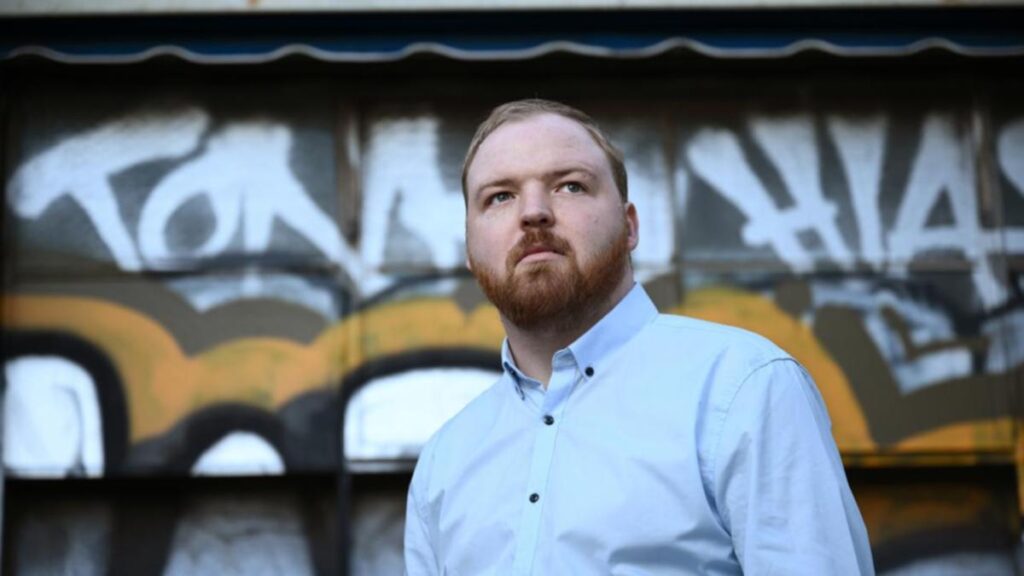Turning 18 is a milestone worth celebrating but for Dylan Langley, the birthday was marked by fear and uncertainty.
After spending several years in and out of state care, Mr Langley was told he had to find a homeless shelter when he aged out of the system.
He likened the date to “doomsday”.
Yet today he considers himself one of the lucky ones, as he was able to find his footing after many years of uncertainty.
But many others are less fortunate, with young people from the foster care system estimated to make up more than two-thirds of the nation’s 40,000 homeless youths.
A report from Deloitte Access Economics released on Sunday calls on federal and state governments to create better pathways for young people transitioning out of the care system.
It found that improving access to employment and health services could save $2 billion in costs related to homelessness and federal support payments.
“This group is over-represented in homeless, unemployment and mental health numbers,” Paul McDonald, national chairman of the Home Stretch, told AAP.
“The best way to avoid those costs is to have a good start into young adulthood.
“Governments need to name this group as a priority to access social and community housing and education courses.”
Home Stretch, an alliance of 200 child welfare organisations, has successfully lobbied states and territories for the extension of foster care supports from 18 to 21 years of age.
About 5000 young people have since chosen to remain in care under the extended program.
It’s a great step but not the only one, Mr McDonald said.
An initiative similar to the “gold card” for veterans could help prevent poor life outcomes for young people.
The card allows veterans to access clinically needed treatment, along with a range of other support services.
“Extended care has created a very important platform, but we need to build on these to address homelessness and unemployment rates (young people) often experience,” Mr McDonald said.
Now 31 and an ambassador for Home Stretch, Mr Langley said having those extra years of care could have changed his life.
“I entered this chapter where I didn’t (have) a safe place,” he said.
“It was frightening … and terrifying. It took a very long time to work out how to navigate being an adult, without that support.”
Mr Langley said he counted himself fortunate as people he had grown up with had ended their lives due to the lack of support.
“They felt like they had no one,” he said.
“They never got the chance to see what could become of their future. It’s heartbreaking.”
Lifeline 13 11 14
Kids Helpline 1800 55 1800 (for people aged 5 to 25)



